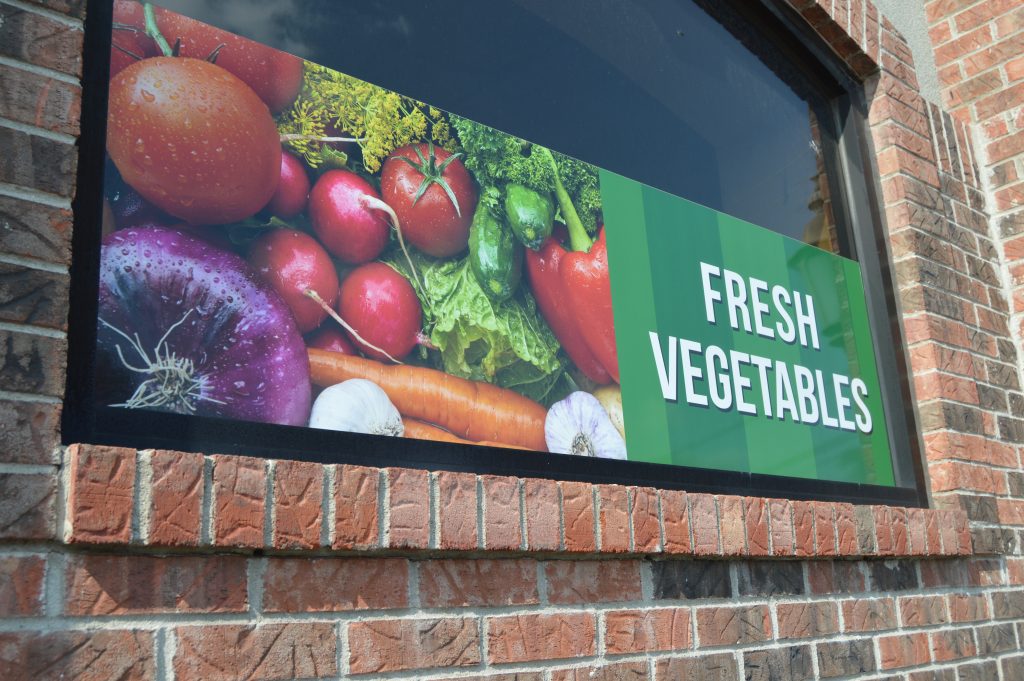Food Banks, Farmers Help to Meet Surge in Food Insecurity During Pandemic
There is a surge in demand at Southeast Michigan food banks, causing stress on the supply chain for needy families.

The coronavirus pandemic has created a significant disruption in the food supply chain across the country.
A massive spike in unemployment has resulted in increased food insecurity throughout the nation as well. Detroit Today’s Stephen Henderson looks at how the current distribution system, rocked by the closure of the restaurant industry, be re-purposed to serve those in need of food.
Listen: How COVID-19 Created a Gap between Food Suppliers and Distributors
Guests
Laura Reiley, the business of food reporter for the Washington Post, says there is a huge disconnect right now in food that would’ve gone to food service.
Foods packaged for restaurants are difficult to repackage for grocery stores or individuals.
“There are mountains of Idaho potatoes that aren’t being used now,” Reiley says of food items typically used in restaurants. The government stepped in last week, supporting farmers with direct payments and purchasing $3 million in products to be supplied to food banks. However, the issue of food transportation remains. Reiley says that refrigeration and repurposing product is a costly and cumbersome process for many suppliers.
Louis Aguilar, a journalist who wrote a piece on the issue of food access for Bridge Detroit, says there is a surge in demand at food banks in Metro Detroit.
Three thousand temporary food sites have been set up across the state to meet demand.
Most of the surge “is from people who don’t usually go to food banks,” says Aguilar. He adds that just as the need for food is skyrocketing, donations from local and chain grocery stores are falling. A lot of things are coming at once for food banks says Aguilar.
Gerry Brisson, President and CEO of Gleaners, says for many families receiving meal plans through schools, the sudden shutdown was a major disruption.
“It happened so suddenly that people didn’t have time to prepare,” Brisson says. “A lot of families that were making ends meet and were doing okay suddenly had all these extra meals to make up.”
Gleaners has been coordinating with various groups and institutions across the state to make sure the increased need brought on by COVID-19 is met.
“Thus far, we’ve been able to get the food at each of our distributions. But we do need to stay on top of this pretty regularly to get what we need and the community gets what they need,” says Brisson.
Trusted, accurate, up-to-date
WDET is here to keep you informed on essential information, news and resources related to COVID-19.
This is a stressful, insecure time for many. So it’s more important than ever for you, our listeners and readers, who are able to donate to keep supporting WDET’s mission. Please make a gift today.
